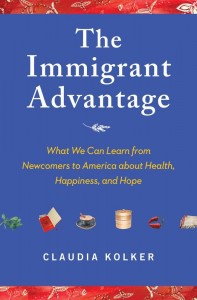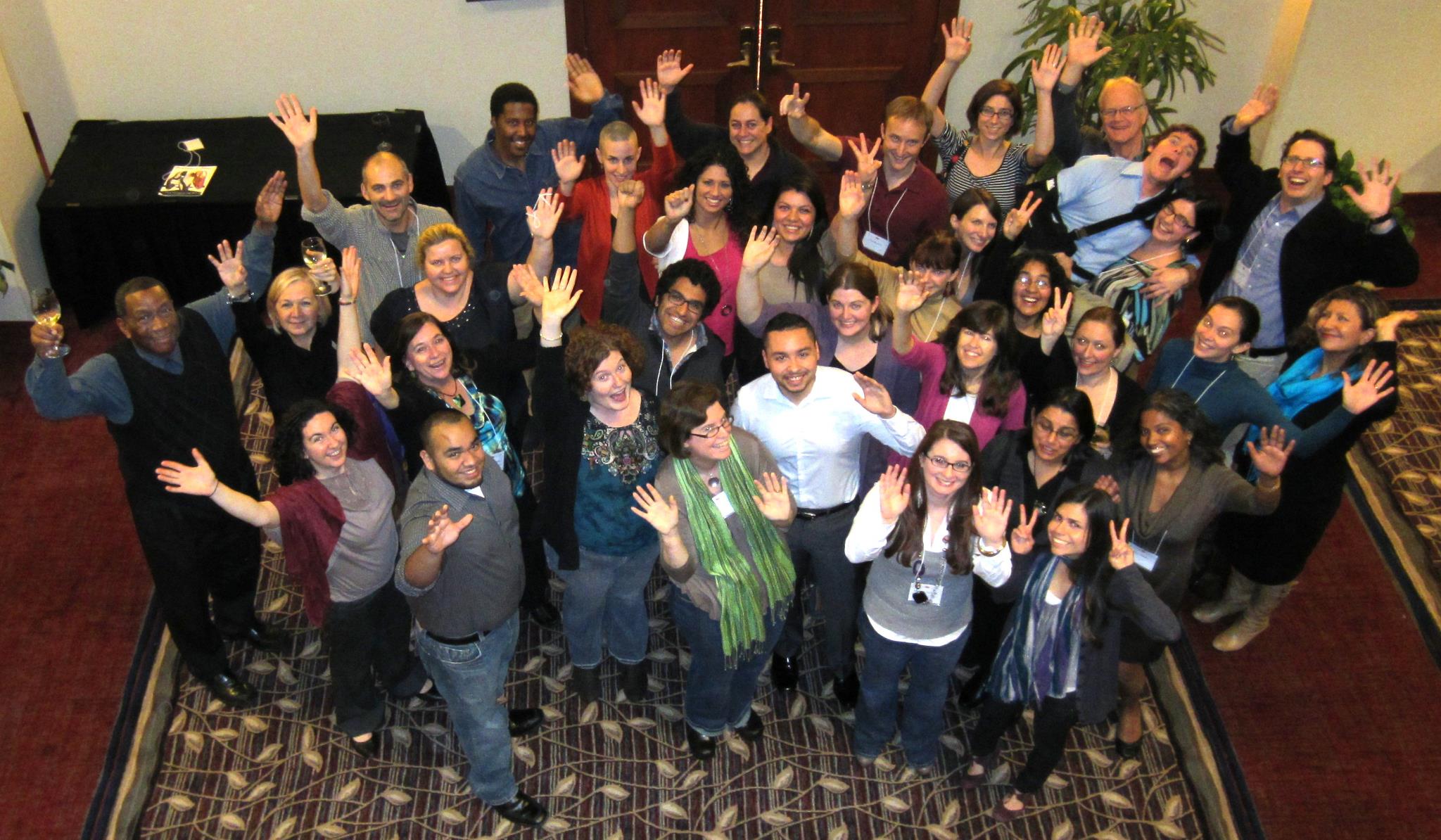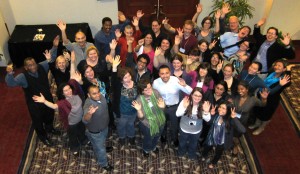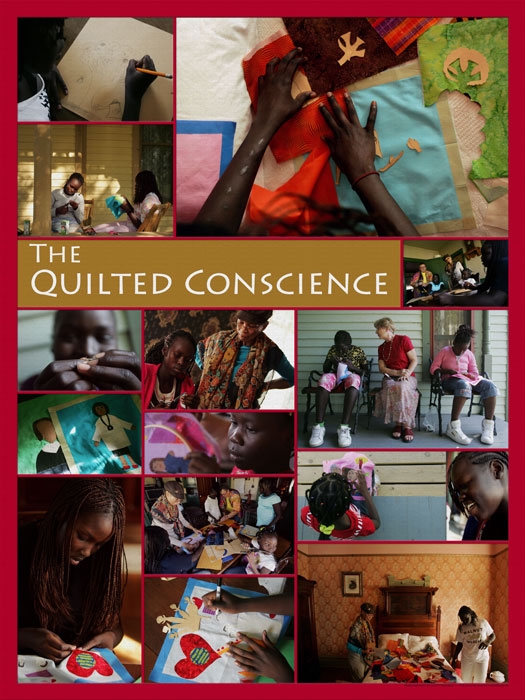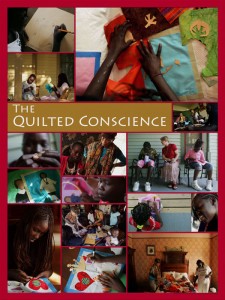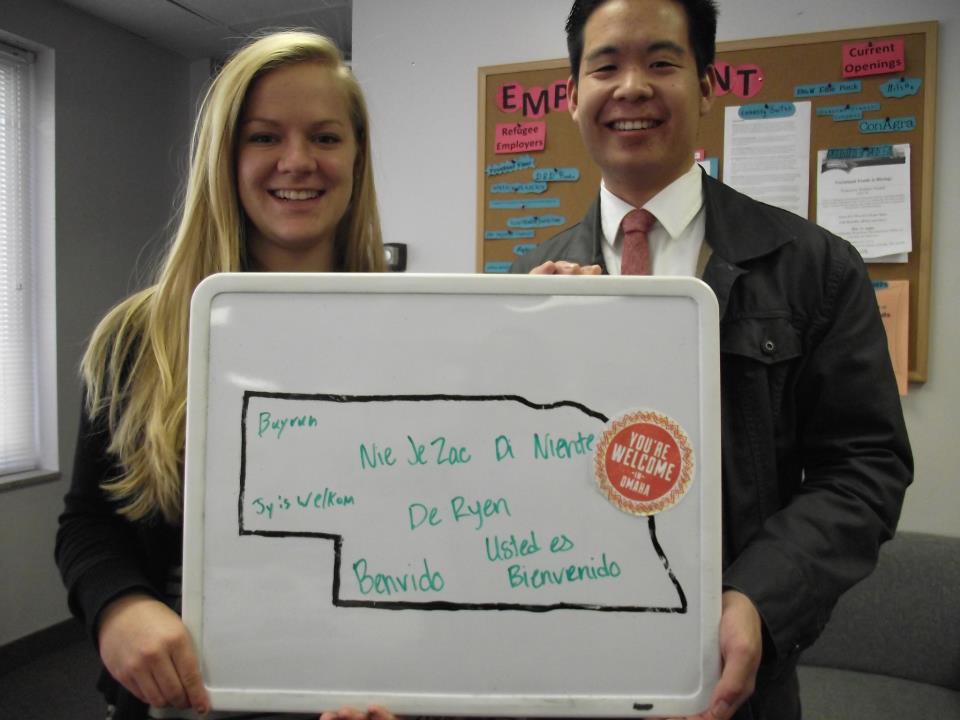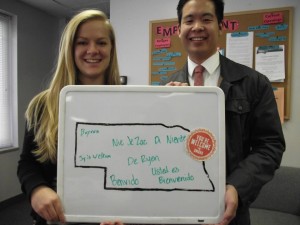 A new and growing chorus of voices across the country – from mayors to business owners to everyday residents – recognize the contributions that immigrants bring to our communities and are developing comprehensive efforts to welcome them.
A new and growing chorus of voices across the country – from mayors to business owners to everyday residents – recognize the contributions that immigrants bring to our communities and are developing comprehensive efforts to welcome them.
This week, from September 15th to the 22nd, this chorus will grow as immigrants and U.S.-born individuals come together across the the U.S. to create stronger communities during National Welcoming Week.
Close to 80 events are planned in 22 states, including right here in Nebraska, to celebrate the diversity and vibrancy of our communities when we welcome people of all backgrounds and origins.
Thursday, September 19 is World Day on the Mall, where Nebraskans will celebrate food, music, art, and culture from around the world inside Lincoln’s Pershing Center, located on Centennial Mall.
Also on Thursday, people are invited to Schuyler, Nebraska, for a tour of small businesses owned by both immigrants and long-time Schuyler residents. This tour will showcase the richness of the Schuyler business community, bring neighbors of all backgrounds together, and celebrate how diversity continues to strengthen this small-town Nebraska economy.
Throughout this Welcoming Week, Lincoln High students and Lincoln area quilters are sharing stories and learning about each other as they create a story quilt of memories and dreams together at the Sheldon Museum of Art. The completed quilt will be be displayed publicly in the Spring.
The Omaha Diversity and Inclusion Conference on Monday, September 23 will bring together immigrants and Omaha community members, businesses, and employers to share stories and learn and develop strategies to create a culture of inclusiveness and embrace the rich diversity of Omaha’s workforce. The conference is 8:30-4:30 at the Omaha Hilton Hotel, 1001 Cass Street. To register, contact Laura de Rosier at lderosier@sscaomaha.org.
We hope you can join in one of these events to continue to promote Nebraska’s nationally recognized spirit of welcoming people from all over the world and continue to grow our state’s welcoming atmosphere for all.
National Welcoming Week includes other events across the country:
From Alabama and Florida to Colorado and California, immigrants and U.S.-born residents will come together in a spirit of unity to participate in volunteer service projects that benefit their local communities, including projects focused on collecting and packaging food and supplies, building community gardens, and cleaning up public spaces.
Local government officials will be affirming their commitment to welcoming immigrants already. Michigan Governor Rick Snyder issued a proclamation in honor of 2013 Welcoming Week and seven Michigan communities have passed similar resolutions. In Iowa, mayors Buck Clark and Jon Crews and Rep. Anesa Kajtazovich have joined with local residents and business leaders to sign similar welcoming pledges.
Welcoming Indianapolis is bringing the community together through approximately 20 events all across the city, and during Welcoming Week’s kickoff, Mayor Gregory Ballard will share his vision on how to make Indianapolis more inclusive to immigrants.
In Indiana and Missouri, immigrants eager to contribute to their new hometowns will become U.S. citizens during naturalization ceremonies, while immigrants in Massachusetts and Tennessee will learn how to apply for U.S. citizenship through clinics.
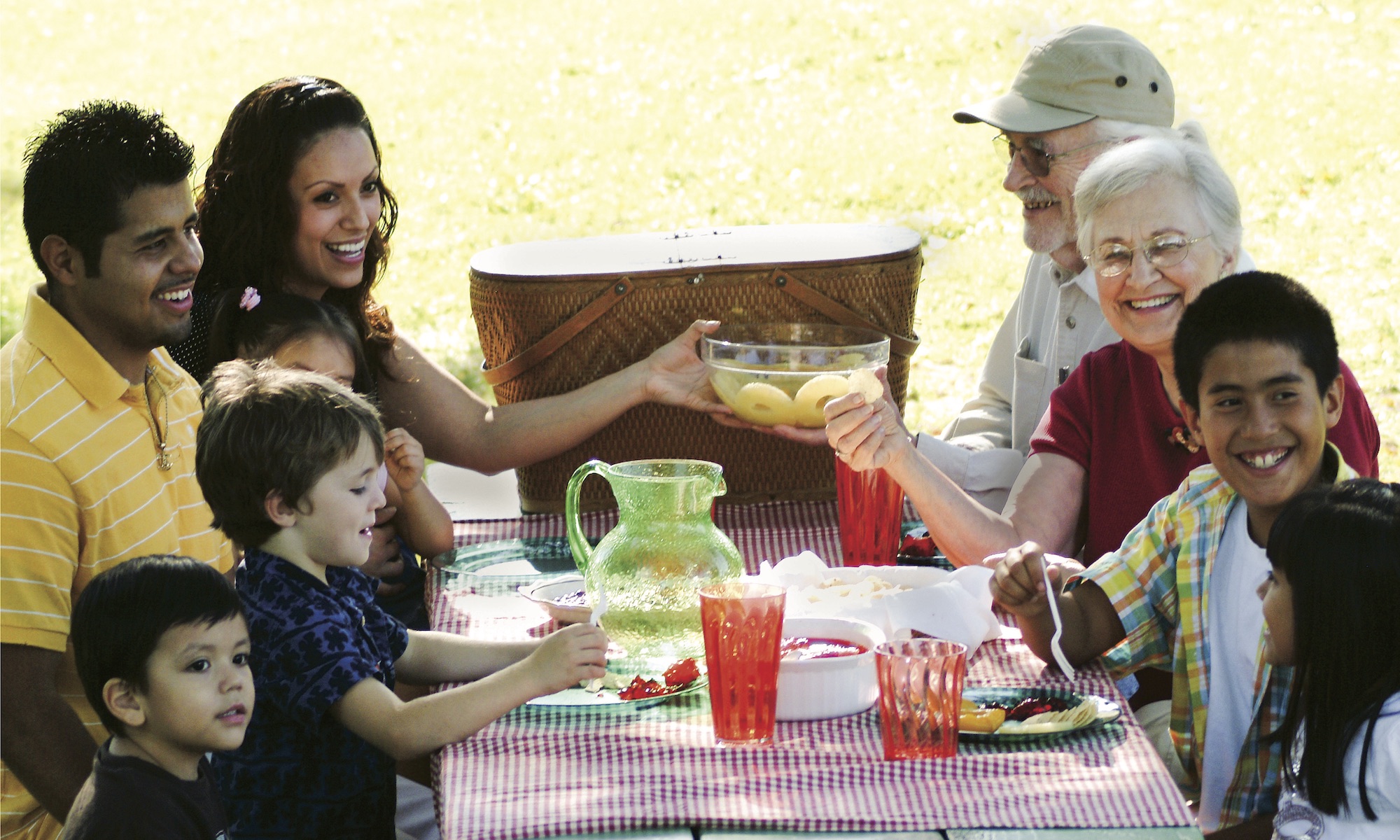
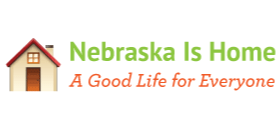 Eleven Brothers was
Eleven Brothers was 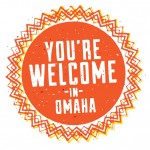 Omaha is a stronger, safer, and better community when we welcome people from all backgrounds and places of origin.
Omaha is a stronger, safer, and better community when we welcome people from all backgrounds and places of origin.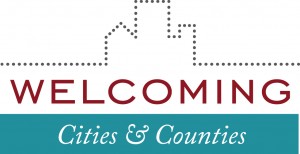 Recognizing that immigrants help maximize opportunities for economic growth and civic vitality and position communities as globally competitive, 21st century leaders, 14 local governments have joined the
Recognizing that immigrants help maximize opportunities for economic growth and civic vitality and position communities as globally competitive, 21st century leaders, 14 local governments have joined the  Meet The Quilted Conscience director Sunday at the Ross
Meet The Quilted Conscience director Sunday at the Ross